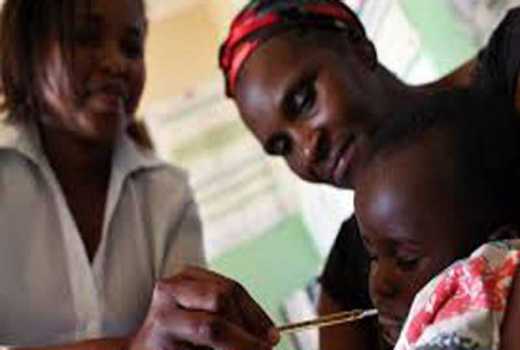×
The Standard e-Paper
Fearless, Trusted News

Two Kericho infants put on the Mississippi Baby HIV ‘cure’ that electrified the world in 2013 are responding well, doctors have revealed.
Last week, scientists from the Kenya Medical Research Institute (Kemri) and the United States Military HIV Research Programme reported the two HIV-positive infants had been put on intense treatment and would remain under observation for up to nine years.